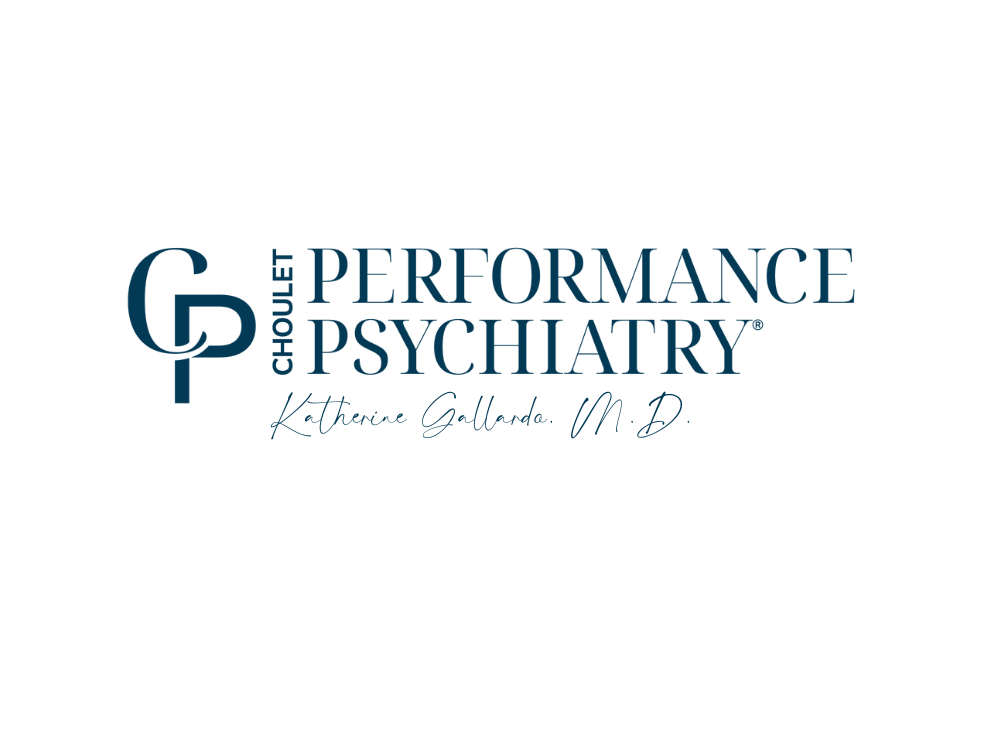Understanding Stimulant Medications and More

Stimulant medications such as Vyvanse (Lisdexamfetamine), Adderall (amphetamine salts), and Ritalin (Methylphenidate) work by increasing dopamine and norepinephrine levels in the prefrontal cortex—the part of the brain responsible for attention, impulse control, and executive functioning. Executive functioning refers to the ability to make plans, create goals, think ahead of necessary items for a complex task, and carry out those steps in an organized, goal-directed way. These skills are often compromised in individuals with ADHD.
For individuals with ADHD, dopamine and norepinephrine neurotransmitters are often underactive, leading to distractibility, poor task completion, and emotional reactivity. By enhancing dopamine availability, stimulants help improve focus, reduce restlessness, and support more consistent follow-through on daily responsibilities. While they are not a cure, they can be a powerful tool when used thoughtfully and monitored by a skilled psychiatrist who understands both the science and the person behind the symptoms.
Stimulant medications are considered the gold standard of care for individuals with ADHD. A thorough evaluation and review of medical history are essential to weigh the potential benefits against the risks for each person. These medications increase dopamine and norepinephrine levels, which can improve focus and executive functioning—but because they act on the entire nervous system, not just the prefrontal cortex, side effects such as mild increases in blood pressure and heart rate can occur. In short, no medication works in isolation on a single brain region, and this broader physiological effect is why even targeted treatments can lead to unintended side effects.
For most individuals without contraindications to stimulant medications, stimulants are worth the potential side effects and regular medication management appointments will be used to monitor blood pressure and heart rate. When used correctly, stimulant medication can be life-changing for individuals with ADHD. Though it is not a cure, 70-80% symptom reduction can make a massive difference in an individual's life. Most people think that being more productive at their job is one of the main benefits, but forget about the possibility of improving social relationships. Stimulant medication can greatly increase the ability to listen and not interrupt others, follow-through on social plans, give motivation and confidence to foster social relationships, and create new opportunities









